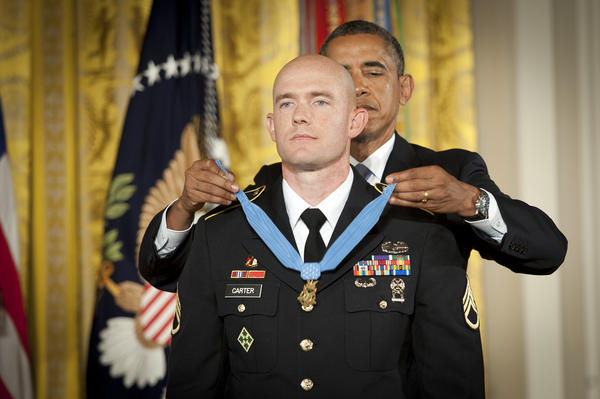 Nature vs. Nurture — Leadership.
Nature vs. Nurture — Leadership.
I have been pondering this ancient theme for some time and the evidence of its impact really came to light recently in Florida.
Let’s consider first for a moment if you will something equally ridiculous. The law of gravity (nature).
We could pass a law (nurture you), (if it is not already on the books somewhere), that prohibits you from falling. Now that would really be cool because you could no longer “fall down”. We have conquered gravity with the stroke of a pen! Imagine, no more being tripped-up, falling down stairs, or most importantly…no more huge masses of body’s during football games! Injuries would be in huge decline.
Now that law is as ridicules as the one that presented itself in the Florida “teenage bus beating” case a few weeks back. But when viewed through the prism of “nature vs nurture”, what did we really see?
I was involved caring for foster kids at point. To illustrate the nature vs nurture disorder I am drawn back to one particular situation that involved a set of three siblings we had for nearly two years.
There was a relative that lived down the street from us and to say the least the relationship was NOT “mutual”. They had a son (Matt) who was the same age as the oldest sibling (Joe) we were caring for at the time. For weeks on end Joe would come home frustrated because he was being bullied by Matt. I would talk with Joe and settle him down. To try and talk to Matt’s parents was futile at best. It went nowhere.
After about the fourth week and the frustration (nature) building in Joe and the attempts to get him to understand that we were (nurtured) not allowed to let them engage in any activity in which they may be harmed. The next day things come to a boil and the efforts to hold Joe back were failing badly. I took Joe aside…I said look, I understand the frustration (nature) you are dealing with. However, if it gets to the point that you must make a stand for yourself (nature), then you had better
Click here to read the rest of the article »
Caring is sharing. Will you please share this with your network?
 Earlier in the week I discussed team briefings and the importance of communications in the process. But I really didn’t address the mechanics of conducting the team briefing. So, today, let’s focus on that.
Earlier in the week I discussed team briefings and the importance of communications in the process. But I really didn’t address the mechanics of conducting the team briefing. So, today, let’s focus on that.












